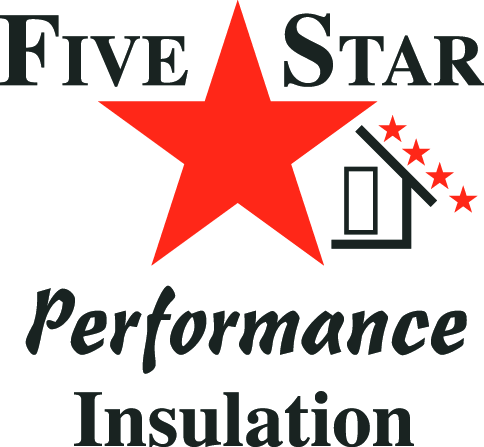By their very nature, agricultural buildings—like those used for equipment, animals or grain storage—are hard to insulate through traditional means. Their large scale and open floor plans make them almost impossible to insulate with roll insulation and spray-in materials won’t stick to the siding and roofing materials without being closed in. Until fairly recently, many building owners were giving up, forgoing insulation altogether and relying instead on large fans in the summer months and space heaters in the winter months. But there is another option that puts all other insulation materials to shame: spray foam.
So, is spray foam insulation in Sacramento, CA really the best option for agricultural facilities? Let’s take a closer look at this type of insulation material.
Why spray foam?
Unlike the more traditional insulation types we just mentioned, spray foam insulation offers flexibility, whether it’s being used for residential or agricultural purposes. Because the foam sticks to the surfaces to which it is applied, there is no need to finish walls or ceilings with drywall or another material to hold the insulation in place. If you were to opt for roll insulation, you would need to secure it with something like insulation straps. Leaving the insulation exposed could also be a hazard to animals looking for something to eat:
- Airtight and watertight: Foam is a good insulator because of its ability to expand into all of the space it is applied to. If you are spraying it between studs, it will expand to create an airtight and watertight seal. This becomes essential in the hottest and coldest months, when you rely on your building to retain as much cool or hot air as possible. For buildings that house animals, a consistent temperature can make all the difference when it comes to heating and cooling costs. You’ll also see benefits where it comes to the structural integrity of your building. Loose panels or roofing pieces become more locked in place when the foam expands and dries.
- Durability: Unlike roll insulation, which can fall apart as time wears on, foam insulation remains solid and stable. In large buildings, smaller animals like birds, rats and squirrels can make homes in loose insulation, which leads to damage. With foam, the solid nature of the material means more difficulty for creatures looking to set up a home.
- Easy to apply: The real beauty of spray foam insulation is in the installation process. Rather than cutting pieces to fit or sealing walls with finishing materials, spray foam is simply sprayed into the space and left to dry. You can choose to finish the wall with drywall or another material, but it won’t be a necessity given the foam’s properties.
Now that you know that agricultural buildings used for purposes like storing grain storage, housing livestock, parking equipment and more function best when insulated, don’t wait to call the team at 5 Star Performance Insulation, Inc. Ask us for more information about the benefits of spray foam insulation in Sacramento, CA or schedule service by giving us a call today!
